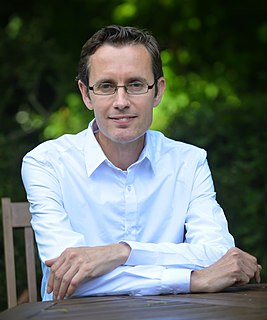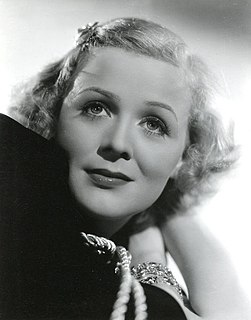A Quote by Jodie Foster
There are lots of futurists that spend their whole life trying to figure out who we're going to be in 40, 50, 60, 100 years. That's the great thing about science fiction.
Related Quotes
People race to achieve everything by a certain age in their life, be it 40, 50 or 60 - but with increasing life spans 50 or 60 might be just the beginning of a new career, or just the point when you begin to get into your stride. There used to be a syndrome of me retiring at 65 and then dying not long after because their life was stripped of meaning, without their work. But these days you may live another 20 or 30 years beyond 65 so you have to figure out where you can make another contribution.
People are going to be living quite soon for 100 years. Our idea of how a family works no longer applies. It's no good saying you're going to have children for 15 years and then you're going to retire and have hobbies, because you've got 40 more years to go after 60 and you're in good health until 90 or something.
I spent most of my teen years trying to figure out the rules of life, theories for why things happened, why people behaved as they did, and mostly I came to the conclusion that either there were no rules, or the rules sucked. Reading science fiction wasn't about imagining myself into some more exciting life filled with adventure, it was about finding a world where things worked the way I wanted them to.
When coal came into the picture, it took about 50 or 60 years to displace timber. Then, crude oil was found, and it took 60, 70 years, and then natural gas. So it takes 100 years or more for some new breakthrough in energy to become the dominant source. Most people have difficulty coming to grips with the sheer enormity of energy consumption.
I think the least important thing about science fiction for me is its predictive capacity. Its record for being accurately predictive is really, really poor! If you look at the whole history of science fiction, what people have said is going to happen, what writers have said is going to happen, and what actually happened - it's terrible.



































